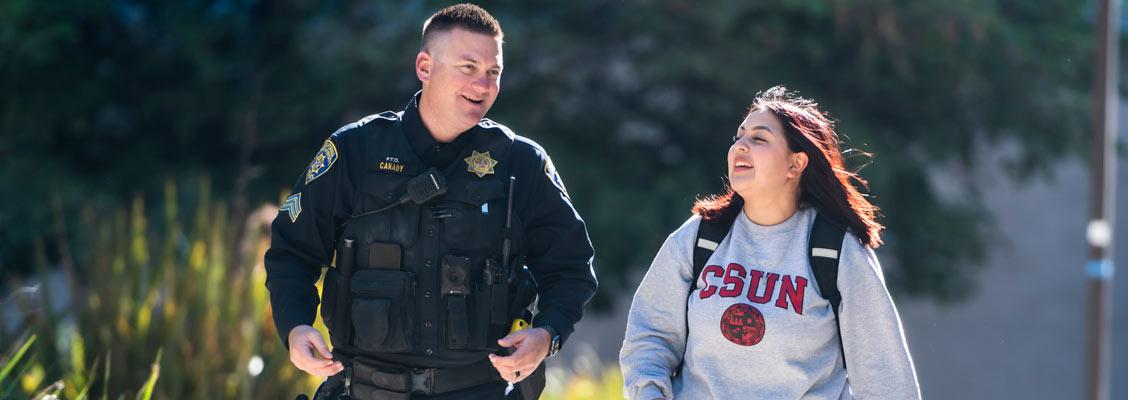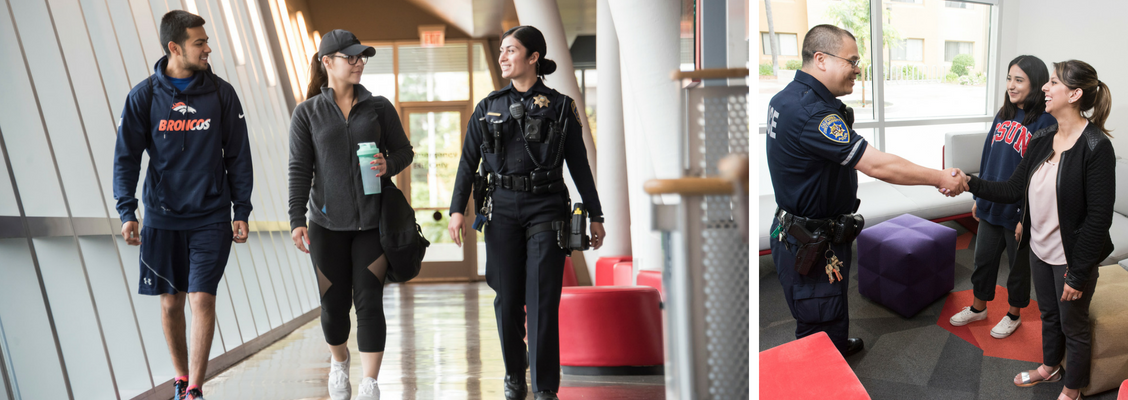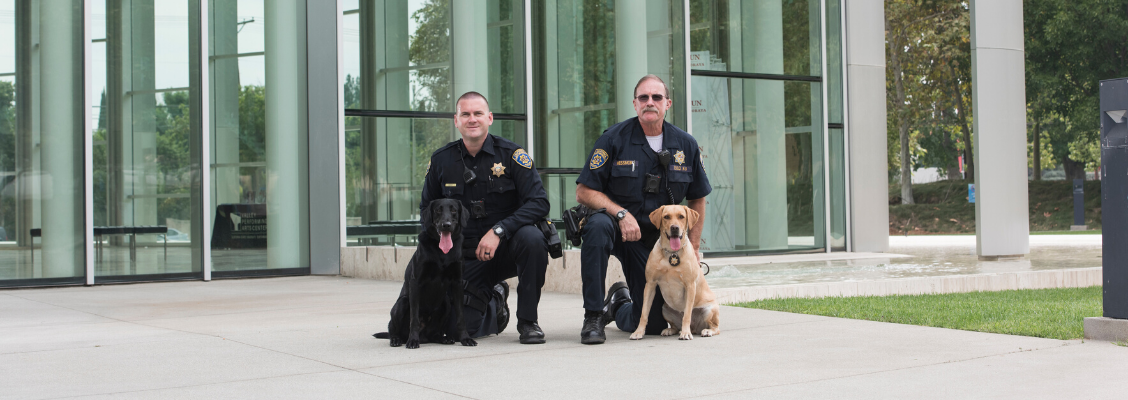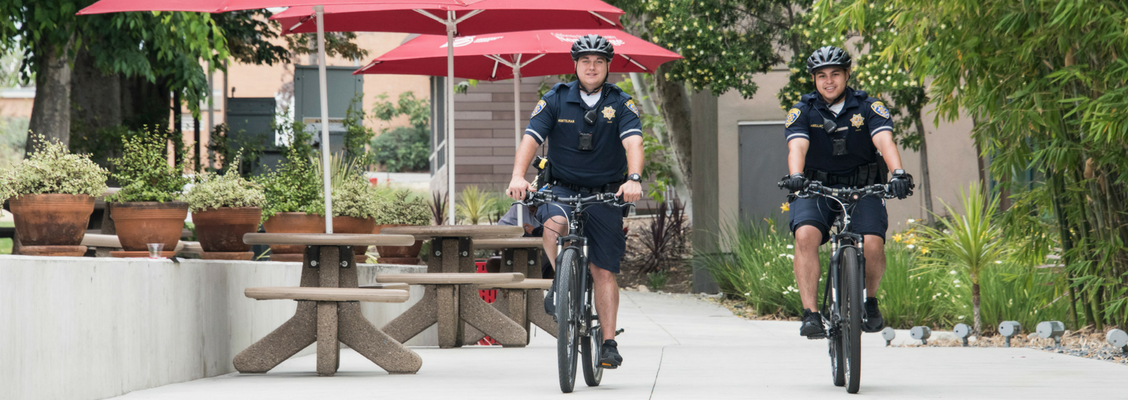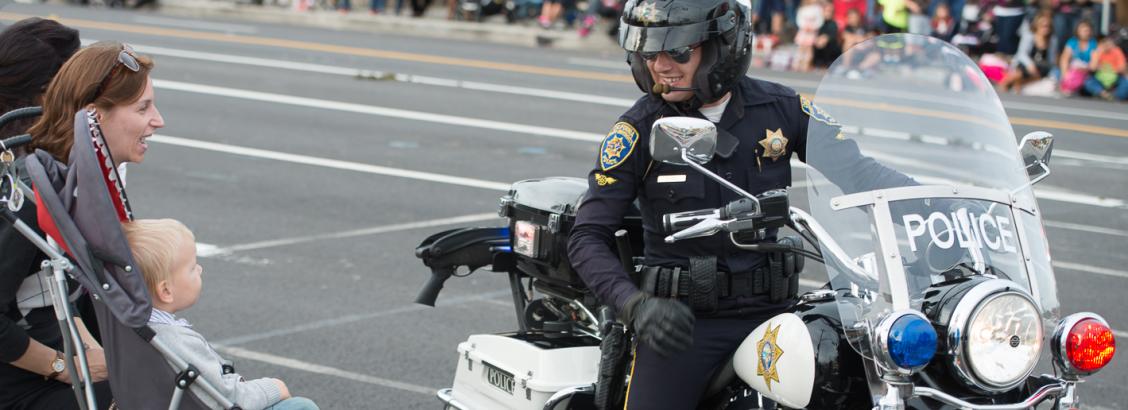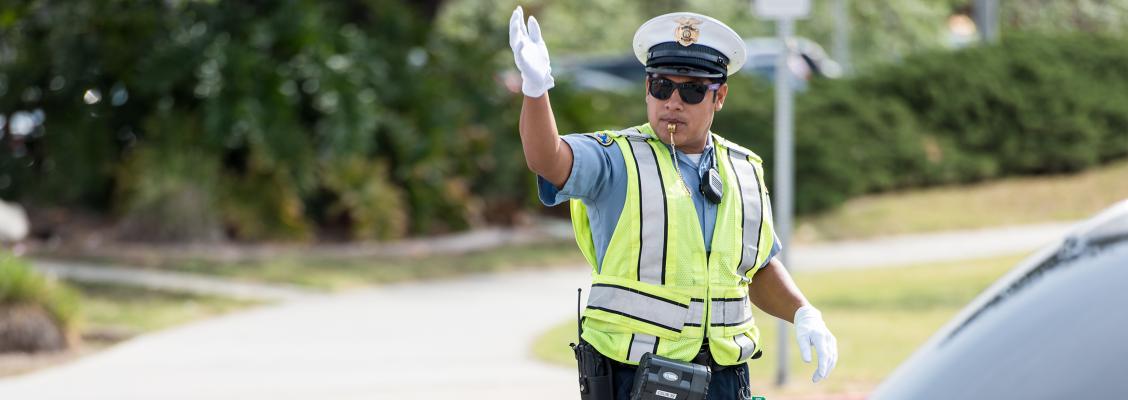Drug Awareness
How can I help a friend with a drug or alcohol problem?
Has a friend become moody, short-tempered, and hostile? Do they seem "spaced out"? Are they suddenly failing courses and hanging out with people you don't trust?
Stop and think about it. Your friend may have an alcohol or other drug problem. Signs of drug or alcohol abuse:
- Increased interest in alcohol or other drugs; talking about them, talking about buying them, or increased interest in using/trying them.
- Owning drug paraphernalia, such as pipes, hypodermic needles, or rolling papers.
- Having large amounts of cash or always being low on cash, asking to borrow money.
- Drastic increase or decrease in weight.
- Slurred or incoherent speech, or "off the wall" subject matters.
- Withdrawal from others, frequent lying, depression, or paranoia.
- Dropping out of school activities, missing class, becoming isolated or lethargic.
If your friend acts this way, it is not a guarantee that he or she has an alcohol or other drug problem. You need to compare behavior now to behavior in the past. But it's better to say something and be wrong than to say nothing and find out later that you were right to be worried.
How to talk to a friend who is in trouble
- Plan ahead what you want to say and how you want to say it.
- Pick a quiet and private time to talk.
- Don't try to talk about the problem when your friend is high or drunk.
- Use a calm voice and don't get into an argument with your friend.
- Let your friend know you care.
- Ask if there is anything you can do to help. Find out about local hotlines and drug-abuse counseling and offer to go along with him or her.
- Don't expect your friend to like what you're saying but stick with it. The more people who express concern, the better the chances of your friend getting help.
- Remember - It's not your job to get people to stop using drugs. Only they can decide to stop.
Take control of your life and decide not to use drugs!
- Look for help. Talk about the situation with someone who knows about drug abuse and helping abusers.
- Skip parties where you know there will be alcohol or other drugs.
- Get involved with drug-free activities. Ask your friends to join.
- Hang out with alcohol or other drugs to have fun.
Take a Stand with Your Friends!
- Remind friends that buying or possessing illegal drugs (even for someone else) is against the law.
- Penalties for drug-related offenses are harsh and can include loss of benefits like your college education or even student loans/scholarships.
- Remind friends that using intravenous drugs places them at risk of getting AIDS.
- Organize/promote drug-free activities (dances, movies, community service projects, walk-a-thons or marathons, etc.) to raise money for charities.
- Tell police, a teacher, or parents about drug dealers in your school or community, and about drug users.
Help & Resources
If you think alcohol or another drug is causing problems for you or any of your friends, do something about it. Seek out someone you trust and discuss how you can best confront the situation and make the changes necessary to get things back on track. Don't be afraid to speak to a counselor.
University Police
Emergency: 911 (From a campus phone) OR (818) 677-2111 (or from a cell phone)
Non-emergency: (818) 677-2111 (or from a cell phone)
University Counseling Services
(818) 677-2366 (818) 677-7834 (TTY)
CSUN HelpLine: (818) 349-HELP (4357) - All cases are confidential
6:00 PM to 12:00 AM Sunday-Thursday / 7:00 PM to 10:00 PM Friday/Saturday
Klotz Student Health Center
(818) 677-3666 (818) 677-3692 (TTY)

